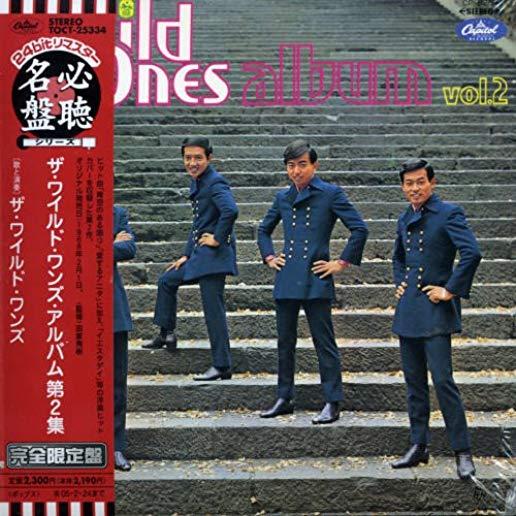
description
s first encountered English settlers when John Smith was brought to her village as a captive. In 1920, the ratification of the 19th Amendment gave women the constitutional right to vote. And in 2012, the U.S. Marine Corps lifted its ban on women in active combat, allowing female marines to join the sisterhood of American women who stand at the center of this country's history. Between each of these signal points runs the multi-layered experience of American women, from pre-colonization to the present. In American Women's History: A Very Short Introduction Susan Ware emphasizes the richly diverse experiences of American women as they were shaped by factors such as race, class, religion, geographical location, age, and sexual orientation. The book begins with a comprehensive look at early America, with gender at the center, making it clear that women's experiences were not always the same as men's, and looking at the colonizers as well as the colonized, along with issues of settlement, slavery, and regional variations. She shows how women's domestic and waged labor shaped the Northern economy, and how slavery affected the lives of both free and enslaved Southern women. Ware then moves through the tumultuous decades of industrialization and urbanization, describing the 19th century movements led by women (temperance, moral reform, and abolitionism), She links women's experiences to the familiar events of the Civil War, the Progressive Era, and World War I, culminating in 20th century female activism for civil rights and successive waves of feminism. Ware explores the major transformations in women's history, with attention to a wide range of themes from political activism to popular culture, the work force and the family. From Anne Bradstreet to Ida B. Wells to Eleanor Roosevelt, this Very Short Introduction recognizes women as a force in American history and, more importantly, tells women's history as American history. At the core of Ware's narrative is the recognition that gender - the changing historical and cultural constructions of roles assigned to the biological differences of the sexes - is central to understanding the history of American women's lives, and to the history of the United States. ABOUT THE SERIES: The Very Short Introductions series from Oxford University Press contains hundreds of titles in almost every subject area. These pocket-sized books are the perfect way to get ahead in a new subject quickly. Our expert authors combine facts, analysis, perspective, new ideas, and enthusiasm to make interesting and challenging topics highly readable.
member goods
No member items were found under this heading.
Return Policy
All sales are final
Shipping
No special shipping considerations available.
Shipping fees determined at checkout.







